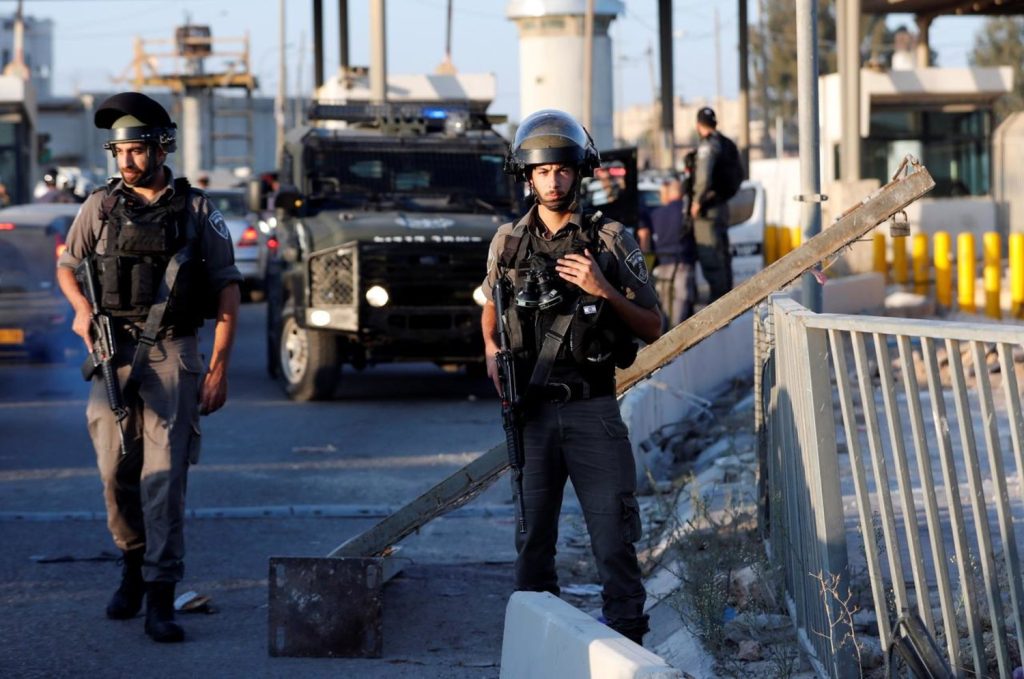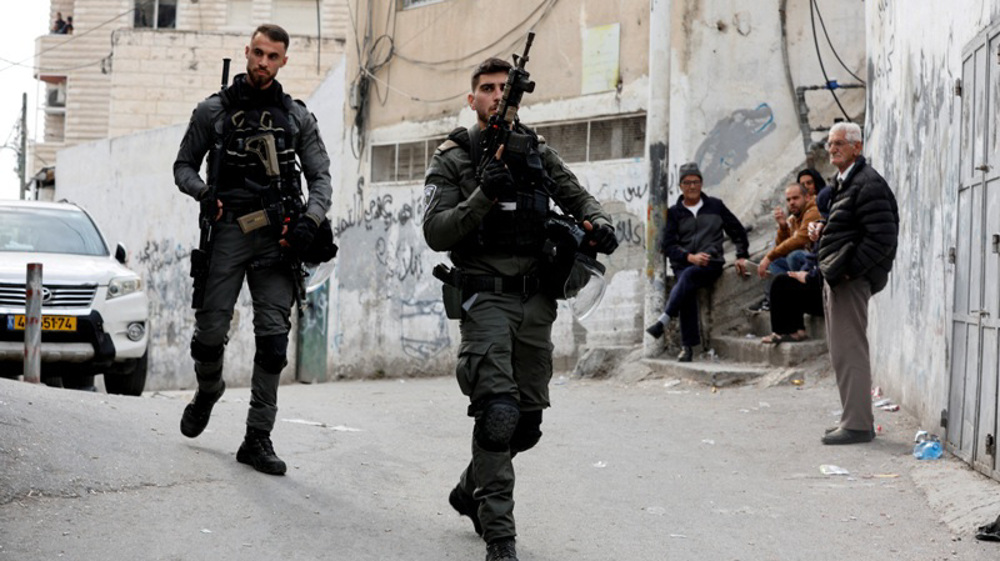Israeli minister Itamar Ben-Gvir of the far-right wing intends to sign legislation allowing police to shoot live ammunition at Palestinian protesters.
According to a report by Israel’s Kan 11 television network on Wednesday, Ben-Gvir, who has long taken a hardline stance toward the Palestinians, agreed with the divisive notion that using live ammunition against Palestinians would be acceptable in the case of a multi-front conflict.
The live fire will reportedly be used against Palestinians and Israeli Arabs in particular who block roads in protest and hinder army units from reaching their bases, according to the report.
The contested policies have already received criticism and condemnation, and human rights organizations have warned that easing the policy would only increase violence and have fatal repercussions.
“I don’t feel bad saying that I believe live fire regulations need to be changed. Ben-Gvir stated on Wednesday, “I am not ashamed to act, to make it easier for our police officers to shoot those who threaten them.
The Legal Center for Arab Minority Rights in Israel and the High Follow-up Committee for Arab Citizens of Israel responded to Ben-Gvir’s decision by announcing that they would seek the protection of Palestinian citizens through the United Nations and other international bodies in light of an intensification of Israel’s deadly policies toward Palestinians, according to the official Palestinian Wafa news agency.
They also criticized the UN and other international organizations for their inaction in response to Israel’s crimes against Palestinian communities, which have claimed the lives of 194 Palestinians since January.
According to the Wafa report, the committee charged with creating the National Guard, which is led by Ben-Gvir, has also discussed the measures to be put in place during emergencies, including but not restricted to road blockages.
In August, Ben-Gvir, the leader of the extreme right-wing Jewish Power party, minimized the bloody spate of murders in Arab communities by asserting that his family’s right to safe movement in the Occupied West Bank was more important than that of Arabs.
Then, he emphasized, “My right to life comes before their right to movement. My right to life comes before my wife’s right to travel, and my right, and my children’s right, to travel on the roads in Judea and Samaria.”
His comments came in response to a recent flurry of resistance operations in the Zionist regime’s long-standing colony of the West Bank, which prompted an Israeli minister to claim that the regime is under “an existential threat.”


